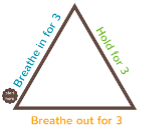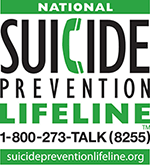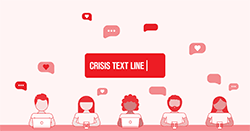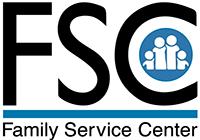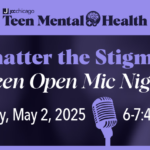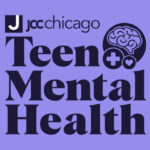JCC Teen Mental Health Committee
Join the JCC Teen Mental Health Committee to get involved in leadership, advocacy, and wellness initiatives in support of your peers.
• Provide input on social media content and online resources
• Help plan and promote wellness events
• Flexible time commitment
Monthly meetings held on Sundays | Time TBD
Sept. 15, Oct. 20, Nov. 17, Dec. 15, Jan. 19, Feb. 16, Mar. 16, Apr. 20, May 18
For more information about JCC teen and youth mental health services please contact Sam Savin at ssavin@jccchicago.org
Follow us on Instagram @jcc.chicagoteens
Please Note: The contents of this webpage are for informational purposes only and are not a substitute for professional advice, diagnosis, or treatment. Always seek the advice of a mental health professional or other qualified health professional with any questions you may have regarding your condition. Links to other websites or resources do not constitute an endorsement of these sites or services. In the event of an emergency, call your doctor or 911 immediately. If you are experiencing a mental health crisis or having suicidal thoughts, text or dial 988, the Suicide and Crisis Lifeline.








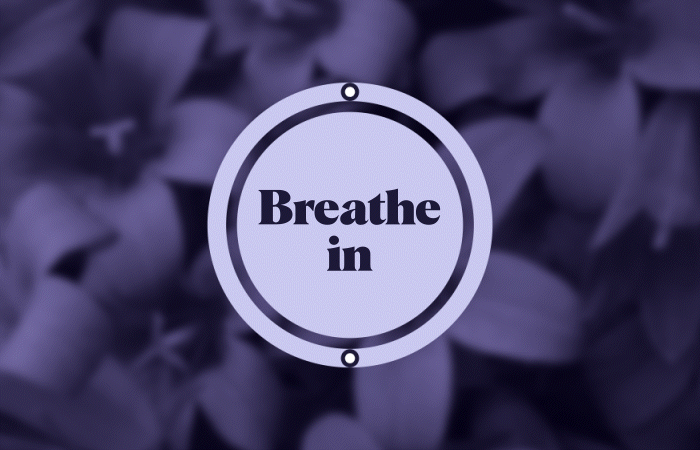
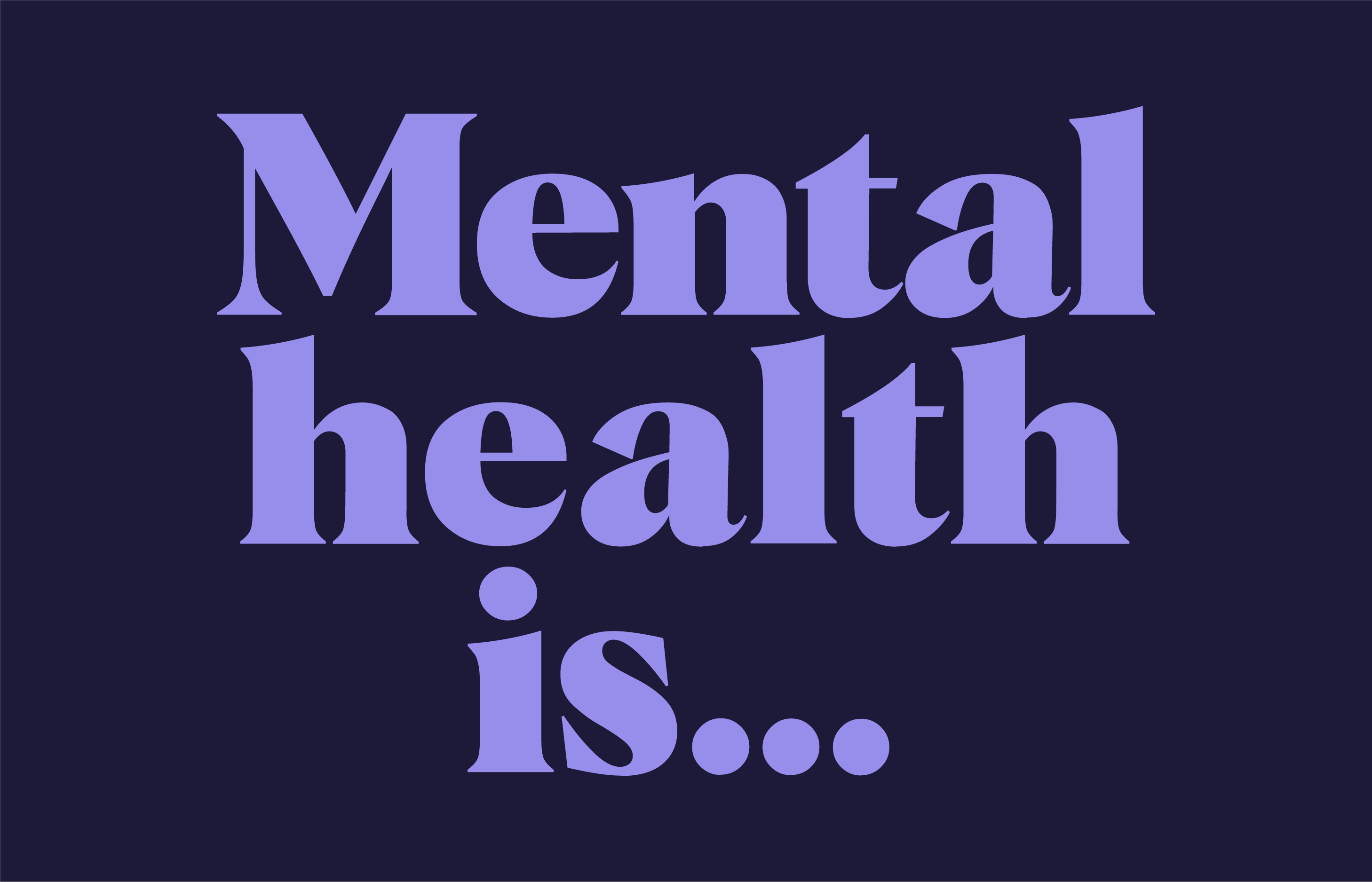
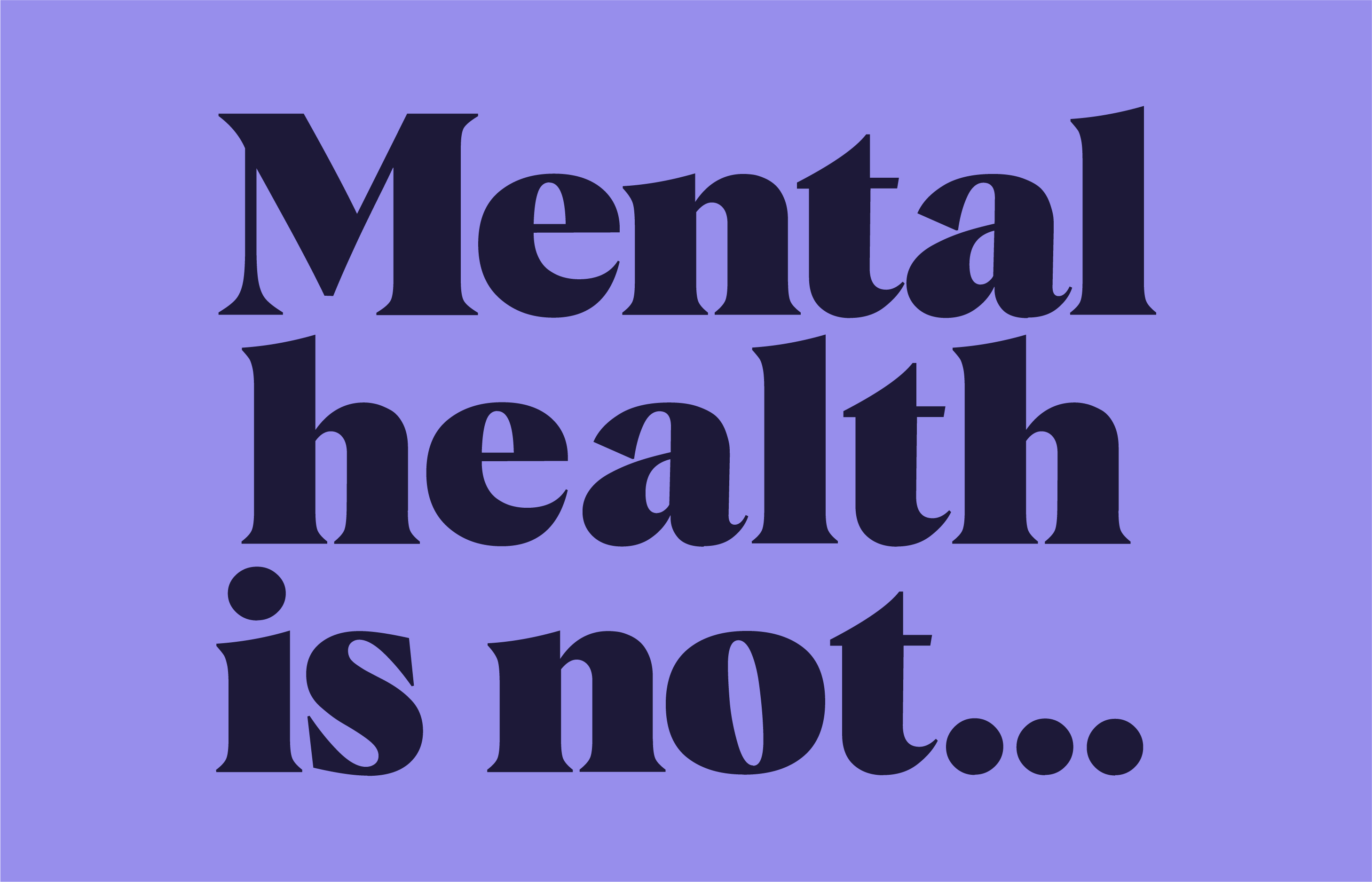
 MindDoc
MindDoc Calm
Calm I Love Hue
I Love Hue Happy Color
Happy Color Fabulous
Fabulous Talkspace
Talkspace Happify
Happify Teen Talk
Teen Talk
 Your Life Sucks Podcast
Your Life Sucks Podcast